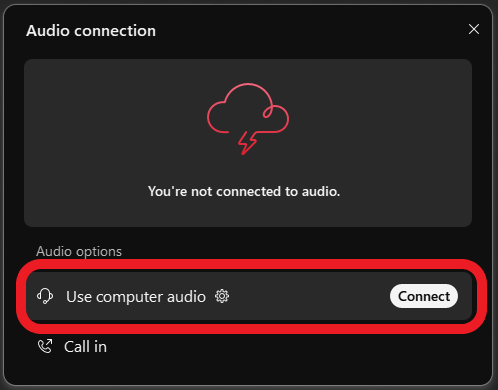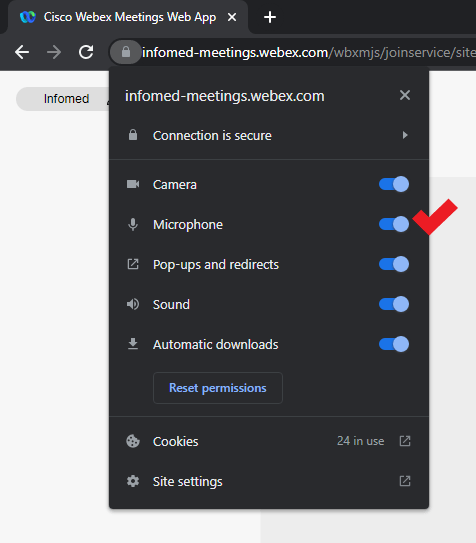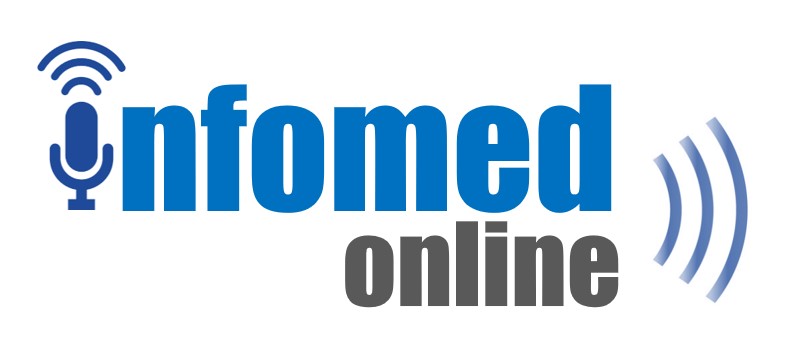This event took place recently. You can now:
ECG Interpretation
Available to stream on-demand now
- A practical course for the Consultant, SASG and Senior STs working in adult general Psychiatry
- Format: Interactive lectures followed with case scenarios, discussion and Q&A
- CPD: 5 CPD credits with certificate of attendance issued

Programme
45 minutes
Recording and interpreting the ECG

Dr Dan Bromage
Consultant Cardiologist, King's College Hospital NHS Foundation Trust
- Anatomy and the Electrophysiology of the heart
- The ECG machine – how it works and why
- Has the ECG been correctly taken? How do we know?
- Understanding automatic reporting – how reliable is it?
- The normal ECG, including normal variants
- Measuring the QT interval, including worked examples
- A systematic approach to ECG interpretation
100 minutes
Interactive ECGs discussion (1)

Dr Matt Sadler
Cardiology Research Fellow, Kings College London
45 minutes
ECG – Normal, Abnormal, High Risk - when to refer?

Dr Matt Sadler
Cardiology Research Fellow, Kings College London
- Identifying the high risk patient
- Prolonged QT interval
- ECG and medical conditions such as: Arrhythmias, Ischemia, Chest pain and palpitations, Anorexia, R bundle block
- Congenital abnormalities
- Clinical symptoms to look for and key clinical questions to ask the patient
- What not to miss and when to refer to the specialist
90 minutes
Interactive ECGs discussion (2)

Dr Dan Bromage
Consultant Cardiologist, King's College Hospital NHS Foundation Trust
30 minutes
ECG’s and Psychiatric Medications

Dr Dan Bromage
Consultant Cardiologist, King's College Hospital NHS Foundation Trust
- What to check for before you medicate
- The abnormal ECG – what are the expected outcomes of changing the patient’s medication?
- If the medication is continued, is there a point at which the ECG will say “you need to change medication now!”?
- Medications, including: Stimulants, Psychotropic, Mood stabilisers, antidepressants and atypical medications
About this course
This webinar comprises online interactive lectures and interactive discussions led by Cardiologists who are very familiar with the questions asked by the Psychiatrists regarding cardiology and in particular ECGs.
This webinar provides an update on how to read ECGs –the basics and beyond – with a focus on ECG abnormalities that are highly relevant to the practice of the General Psychiatrist. During the day, delegates will have the opportunity to undertake interactive ECG interpretation, putting into practice the techniques learned in the lectures, with live tutors’ feedback.
The aim
To provide all Adult/General Psychiatrists with a practical and comprehensive webinar covering a wide range of ECGs that will assist them in developing a skilled and systematic approach to interpreting an ECG, identifying the red flags and to decide when to refer further to a specialist.
Sessions with lectures and cases will cover
- How to interpret an ECG and NOT how to take an ECG
- Abnormalities that the General Psychiatrist will normally see and what not to miss
- Abnormal ECGs – clinical symptoms to look for, and key clinical questions to ask the patient
- ECG abnormalities related to psychiatric medication and medication management
- What ECG is contraindication to psychotropic medication?
- By the end of the course, delegates will develop a skilled and systematic approach to interpreting an ECG, identifying the red flags and to decide when to refer further to a specialist
- Places at this webinar are strictly limited so as to maximise webinar interaction
Interactive ECG Discussion
- All attendees look at the ECG cases is depth guided by the tutor.
- The tutor goes through the first cases highlighting good practice.
Cases may include: Prolonged QT Interval; Sinus tachycardia; Atrial fibrillation; ST elevation and myocardial infarction; AV block; and Ectopics
Course faculty members

Dr Dan Bromage
Dr Bromage is a Consultant Cardiologist at King's College Hospital NHS Foundation Trust and Honorary Senior Lecturer at King's College London. His clinical interests include heart failure and inflammatory cardiomyopathies. His research focuses on manipulating inflammation after myocardial infarction to reduce progression to heart failure.

Dr Matt Sadler
Dr Sadler is a cardiology Higher Specialist trainee and current Research Fellow at Kings College London. Clinical interest includes inflammatory heart disease, arrythmia and cardiac devices
We will contact you by email one week before the course takes place with all the necessary links and joining information.
We will re-send the links the day before the course.
If you have not received an email from us please contact us at webinars@infomedltd.co.uk and we will respond ASAP.
NO. Infomed shall provide you, upon registration a link to stream the course within your web browser, or you can download a small application to run it as a separate window on your computer. If you would prefer a mobile device, we shall also include a link download an app from the Play Store/App Store.
YES! It is very much encouraged. There will be Q&A sessions chaired by Infomed. You can type your questions in the 'chat' facility and they will be put to the speakers.
You can find your catch-up in your account page.
At the end of the catch-up page you will find a link to the feedback form, which will generate your CPD certificate when you submit your feedback.
If the catch-up is not visible in your account, please contact us and we will amend your account ASAP.
Joining Webex using the application on your PC or Mac
Joining Webex using your web browser
When you connect to a course you should see some introductory slides and hear music.
If you cannot hear any music please check you are connected to the audio.
At the bottom of the webex meeting you may see a button that says "Connect to audio".
Click this and then select "Use computer for audio" in the pop-up box.
If you have connected by a browser you may need to give your browser access to your microphone in order to connect to the audio.
Click the padlock in the top left of your browser and make sure microphone access is allowed
If this does not resolve your issue please email us or call us on 0204 520 5081
To join an Infomed Online course you simply need an internet connection and a browser (Google Chrome, Mozilla Firefox, Apple Safari).
You can also connect from a mobile device: Download the Webex Meetings app from your App Store.
To join a course with a smooth experience, your internet connection must be stable, not connected to a VPN and at least 20Mbps download.
Below you can use the tool to run an internet speed test.
You must test from:
- -- the location that you intend the see the course from;
- -- withing the location, if using Wi-Fi, the room or department area that you intend to view the course from to ensure a good signal
- -- if connecting from home, a computer that is not connected to a workplace VPN
Internet Speed Test
Please test your connection speed at www.fast.com
To join a course with a smooth experience, your internet connection must be stable, not connected to a VPN and at least 20Mbps download.
Catch-up version
- Catch-up streaming will be available from 14 March
- 90 days of access with unlimited playback
£155
plus...
- Certificate of attendance with 5 CPD hours
- Send your questions to the faculty
- Playback from any device
